One key supplier is standing by Huawei, but it may not mean much in the grand scheme of things
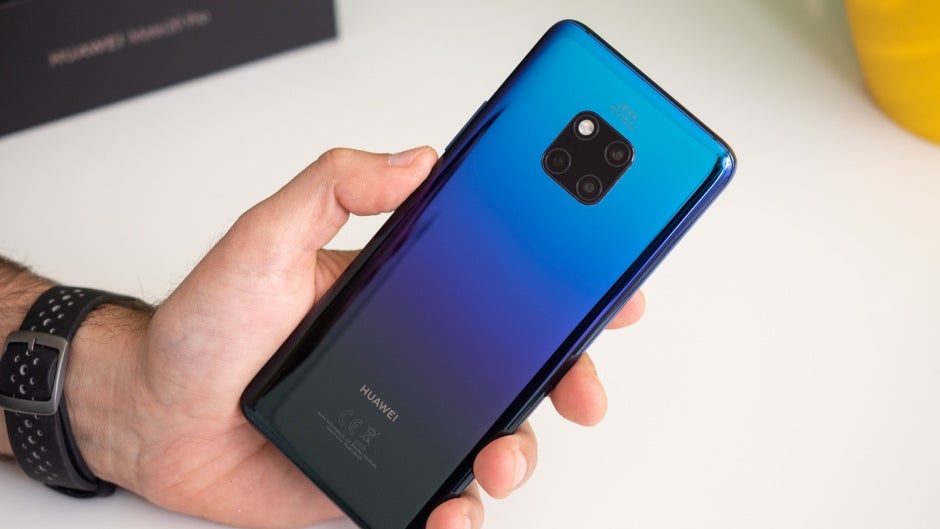
The Mate 20 Pro uses an Arm-based, Huawei-designed, TSMC-manufactured Kirin 980 SoC
The Taiwan Semiconductor Manufacturing Company is the world's largest dedicated pure-play semiconductor foundry, providing essential help for everyone from Apple to, well, Huawei for the development of smartphone and tablet processors. Without TSMC, Huawei would need to work together with someone like Samsung to manufacture its Kirin chips going forward or move the entire production process in-house. The first option is tricky to implement for obvious reasons, while the second would be incredibly costly and hard to pull off in the short run.
It's therefore great news for Huawei that TSMC is not leaving the sinking ship of parts suppliers, but we probably shouldn't act too surprised about the Taiwanese company's latest statement on the matter. After all, Trump's ban is only set to impact Huawei's relations with American companies or, in Arm's case, companies whose products contain "US original technology." Besides, TSMC will continue to assess "the impact of Washington's decision to limit access to goods incorporating US technology", so its own decision could be reconsidered down the line.
Finally, it's important to highlight once again that Huawei's Kirin chips are unlikely to survive without Arm's support, so in the grand scheme of things, TSMC's business may not help the world's fastest-growing smartphone manufacturer as much as you'd expect.
Follow us on Google News





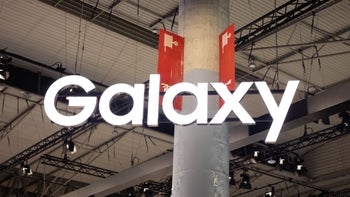
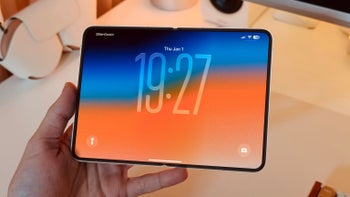

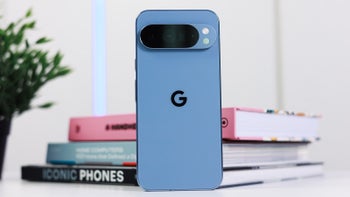
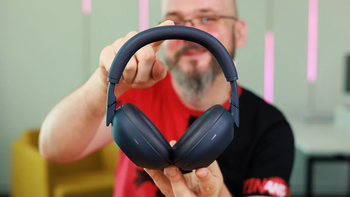
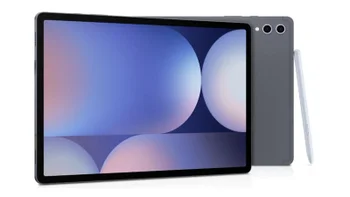

Things that are NOT allowed:
To help keep our community safe and free from spam, we apply temporary limits to newly created accounts: